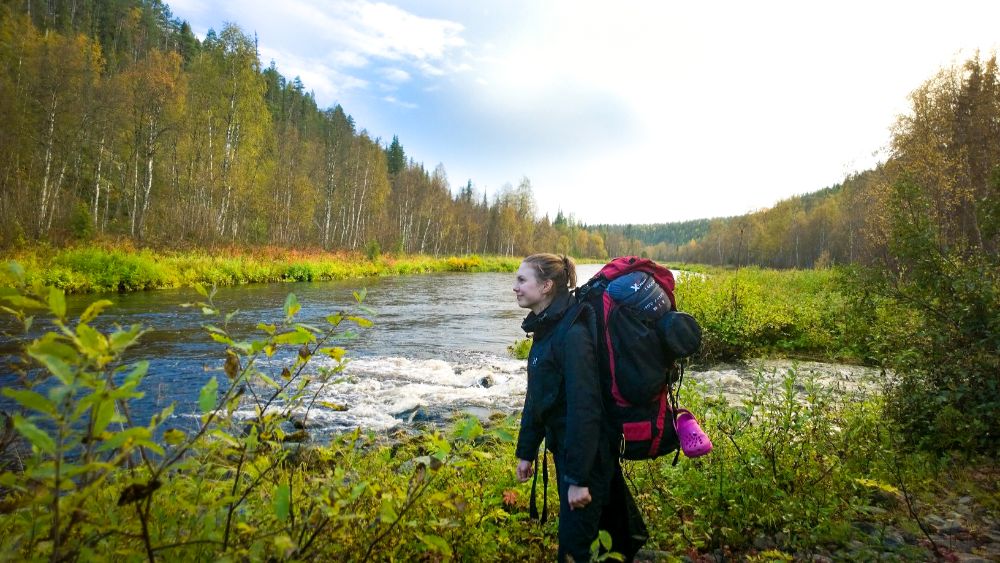In a world where nations are often judged by their wealth and military prowess, Finland stands out for its consistent happiness ranking. For the seventh consecutive year, Finland has secured the top spot among the happiest countries globally, according to the latest World Happiness Report.

The key to Finland’s happiness lies not in its economic prowess or military might, but rather in its unique societal factors that prioritize well-being and equality. One of the fundamental reasons for Finland’s happiness is its remarkably low income inequality, where there is minimal disparity between the highest and lowest earners. According to data from the World Inequality Database, Finland’s top earners take home only a third of their income, significantly less than other nations like the UK and the US. This equitable distribution of wealth contributes to a sense of social cohesion and contentment among the Finnish population.
Moreover, Finland boasts high levels of social support, freedom of decision-making, and low corruption, all of which underpin its citizens’ overall happiness. The country’s emphasis on safety, evidenced by smoothly running public services, low crime rates, and trust between the government and the public, further enhances its desirability as a place to live and visit.

In addition to its social and governance factors, Finland offers a myriad of natural wonders and cultural experiences that contribute to its residents’ and visitors’ happiness. From the magical spectacle of the Northern Lights illuminating the Lapland skies to the energizing phenomenon of the midnight sun during the summer months, Finland’s natural landscape provides unparalleled opportunities for awe and wonder.
Central to Finnish culture is the tradition of sauna, symbolizing relaxation, ritual, and well-being. With an abundance of lakes and saunas scattered across the country, sauna culture is deeply ingrained in Finnish society, offering a unique avenue for relaxation and social interaction.

Furthermore, Finland’s commitment to environmental sustainability and accessibility to nature ensures that everyone can enjoy the country’s pristine forests, lakes, and national parks responsibly. With over 40 national parks accessible within a short distance from urban centers, Finland provides ample opportunities for outdoor recreation and connection with nature.
Beyond its natural and cultural attractions, Finland’s robust public services, including decentralized healthcare and reliable public transport, contribute to the overall happiness and well-being of its residents.

In summary, Finland’s success in maintaining its status as the world’s happiest country underscores the importance of prioritizing social equality, environmental sustainability, and quality of life. As the rest of the world grapples with various challenges, Finland serves as a beacon of happiness and well-being, offering valuable lessons on creating a more equitable and fulfilling society for all.
